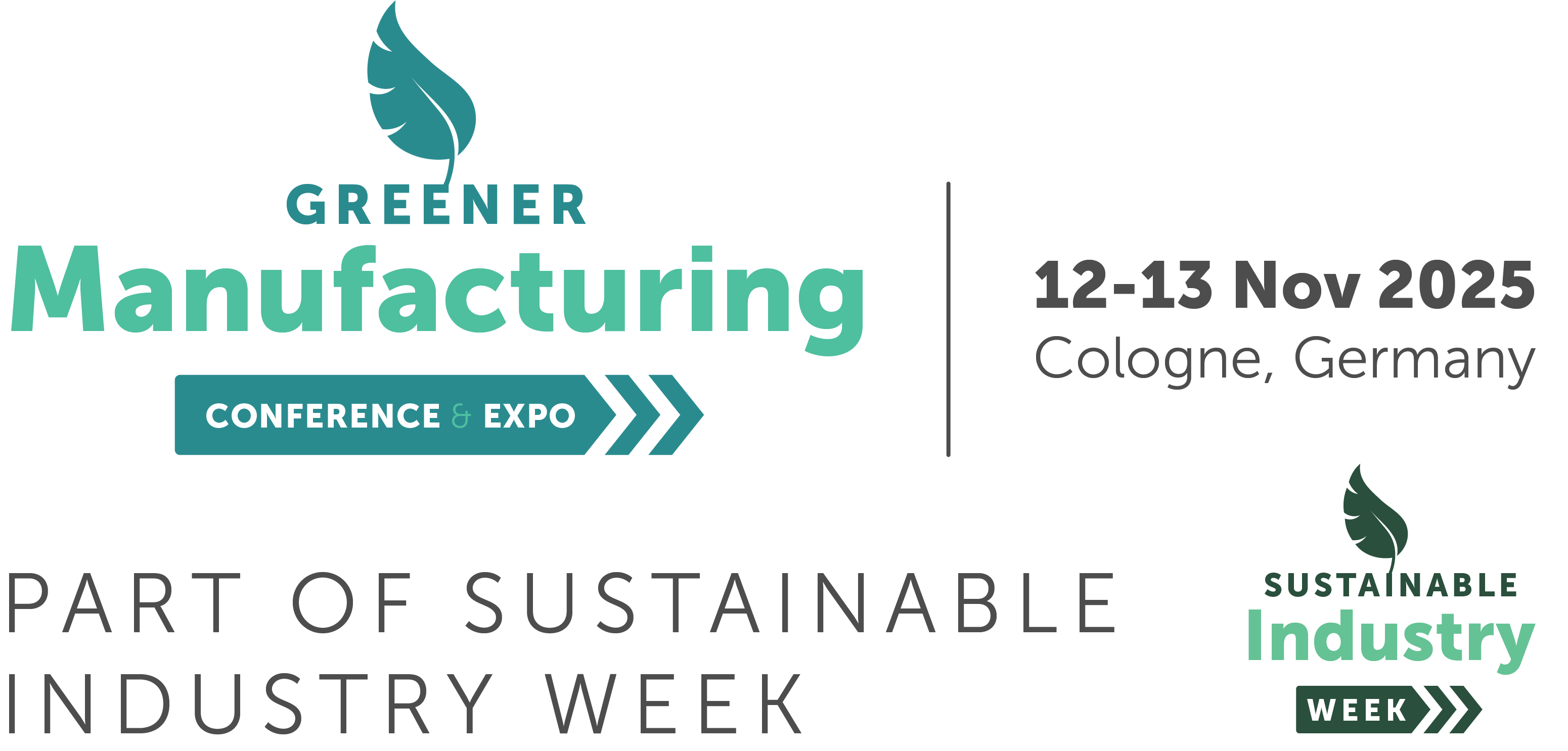A new Sustainable Chemicals and Manufacturing Research Hub will be lead by Oxford University
)
A brand-new UK government investment will be lead by the University of Oxford and this project will be focused on conducting research to improve the sustainability of chemical and polymer production. The project will be based around the Sustainable Chemical and Materials Manufacturing Hub (SCHEMA) and this will aim to draw in researchers from around the UK, who are currently working with a large consortium of commercial, technology translation and civic partners.
Now that research is due to begin, the project has received funding from the UKRI Engineering and Physical Sciences Research Council (EPSRC), who have supplied the project with £11 million and at the moment, this organisation is working to gain a further £22 million worth of funding from their various partners. Along with this funding, it was stated that at the launch the team will be supported by twenty-five companies throughout the supply chain and these companies will also represent polymer and material end-users.
On the 16th of May, UKRI EPSRC announced five new research hubs, one of which was SCHEMA. Within this announcement, the purpose of these hubs, to address a wider range of challenges when it comes to commercialising early-stage research within different manufacturing sectors, was outlined.
It has been agreed that leading the SCHEMA Hub, will be Professor Charlotte Williams OBE FRS from the University of Oxford’s Department of Chemistry. Part of this team involved in leading the hub will also be academics from Chemistry, Engineering, Materials Science, Computation, Environmental Economics, and Law at the Universities of Oxford, Bath, Liverpool, Cardiff, York and Cambridge.
The purpose of SCHEMA will be for researchers to work with a variety of partners, such as businesses, catapults, professional societies and finally, international academic partners. These collaborations will be carried out with the intention of dealing with the issues around shared materials design and the challenges surrounding sustainability in important end-use sectors. The drive behind doing this, is that these partnerships will lead to the potential of sustainable chemicals and polymers being designed for immediate use, where they are needed with key sectors. These sectors involve industries such as transportation, electronics, energy generation and storage, as well as construction and finally, fast-moving consumer goods.
A major aim of the Hub is to endeavour to make sure that the UK remains at the front of major international efforts around transitioning to using sustainable chemical manufacturing techniques and products. To do this, the research program has been laid out in a way that will help a new generation of postdoctoral and early career researchers to find a pathway to taking on leadership roles within the UK sustainable chemical manufacturing industry.
The research that this hub will be conducting, will focus predominantly on transforming and changing the way chemicals and polymers are designed, made and recycled. This will include tasks such as supporting the transition away from the use of virgin petrochemicals, as well as redesigning processes and materials which will increase recycling rates. One of the most important focuses for the project is to design processes that will be able to produce chemicals and polymers from renewable raw materials. These will be materials such as biomass, carbon dioxide and finally, industrial wastes. Alongside this, the research will also aim to discover a way that renewable energy could be integrated into the process engineering for the renewable raw materials. This research will be a step forwards for the research that Oxford University was previously doing, around transforming carbon dioxide and biomass wastes into plastics, elastics, adhesives and coatings.
Now that this new step is being taken, it is important for the researchers to place functionality, sustainability and similar principles into their work, so that the research and developments revolve around ideas and practices of circular economy and end-of-life management.
Department of Chemistry, University of Oxford, Professor Charlotte Williams, commented, “Supply chain partnerships are at the heart of SCHEMA. Our success will also rely on strong advocacy and engagement. Our prior success working with major national and international bodies will be used to support joined-up policy, legislative, and economic environments for the technologies developed in SCHEMA.”
Head of Mathematical, Physical and Life Sciences Division at the University of Oxford, Professor Jim Naismith, mentioned, “Finding new ways to sustainably make things is a challenge of our age. It is quite right that University plays its part. The SCHEMA Hub is a collaborative venture engaging academia, industry, and policymakers. The hub will rethink and reformulate chemical production, making it not just environmentally friendly, but an engine of innovation and progress for generations to come.”
Science Minister, Andrew Griffith added, “Manufacturing accounts for almost a tenth of the UK’s economic output, but for the sector to keep growing and sustaining jobs nationwide, it has to tackle challenges ranging from reducing emissions, to cutting production costs. These new hubs will support UK researchers with the cutting-edge facilities they need, to help our manufacturers seize the benefits of technologies such as robotics and AI. Harnessing these innovations will cement the UK's position as a global leader in sustainable manufacturing.”
Professor Williams also said, “It is imperative that the chemical industry reaches net zero emissions and sustainability as so many essential downstream industries depend upon it. Our Hub will be well placed to tackle this difficult challenge by bringing together a very wide range of academic expertise with companies from across the supply chain.”
EPSRC Executive Chair, and a Professor in Oxford University’s Department of Statistics, Professor Charlotte Deane, explained, “Given the scale and importance of the UK’s manufacturing sector we must ensure that it is able to benefit fully from advances made across the research and innovation ecosystem. With their focus on innovation and sustainability the advances made by the hubs will benefit specific sectors, the wider manufacturing sector and economy, as well the environment.”





